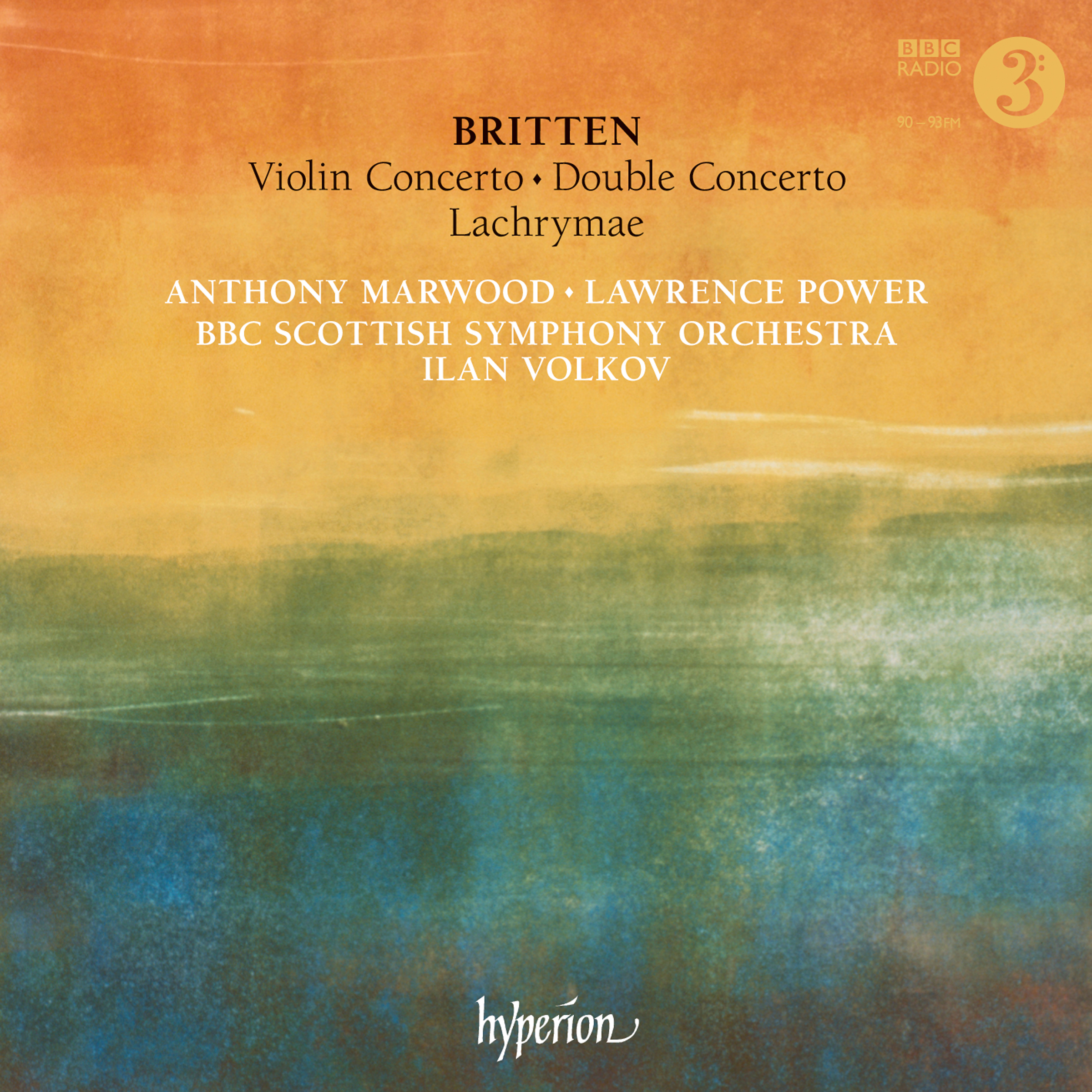Double the Pleasure...
... Double the Fun.
Mainly due to my focus on piano, vocal, and choral music early on, it took me quite some time to realize there were such things as Double and Triple Concertos. I knew of the Solo Concerto and Concerto Grosso, but until I explored outside my comfort zone, such works existed outside of my purview.
Britten's early Double Concerto for violin and viola was only incomplete in the sense that it needed to be expanded from Britten's condensed score, which was done by Britten's assistant Colin Matthews.
I generally avoid using the term Neo-Classical when it comes to Britten's music, for the term seems insufficient to describe his style of composition. Like in the composer's early Sinfonietta, there is indeed a leanness and efficiency of music-making involved in the Double Concerto in B minor, filled to the brim with short melodic and rhythmic motives to hold the listener through its runtime. I find its music of great interest, where there is intensity, melancholy, and heroism plundered within a relatively short runtime.
If I was taken with Britten's Double Concerto, I am enamored with his Violin Concerto. The composer considered it a serious piece, which I assume is what we get from Mark Lubotsky with Britten himself at the podium from 1970.
In violinist Anthony Marwood here on Hyperion, this listener also feels sensuousness, exoticism, humor, thrills, and introspection. I am as enthusiastic over this work as when I first heard Samuel Barber's Violin Concerto, two concertante works full of so much musical potential, fully explored by the performers on hand. Compared to the Passacaglia in Britten's Symphony for Cello I recently heard, I don't know if his Violin Concerto has as an effective arrival point, but that might be due to the sheer wealth of musical ideas and moods the composer puts on display here.
Marwood's low register can sound steely and metallic while his upper range can be filled with opulent Romanticism. I am not certain how well Marwood handles the triple-stop harmonics, but my guess is the music is fiendishly difficult; a marvel for sure.
When listening to orchestras, I tend to focus on the ratio of strings to winds and percussion, where I want the full bloom of colors carried across the entire ensemble. With that said, I often urge listeners to attend a live symphony orchestra concert, for the sound of a string section is felt in the body in such a way that a recording can never replicate it. Here, the BBC Scottish Symphony Orchestra creates the loveliest cushion of sound I have heard in a very long time, one where the winds and percussion are almost incidental to my interests; an oddity for this listener, for sure.
I have tried to come around to Britten's Lachrymae, a theme and variations based on a John Dowland song. I had hopes in this crew, joined by violist Lawrence Power, but the music still doesn't reach me, especially the closer we get to that final Dowland theme. No fault of these performers, I think.
Works
Double Concerto (20.36)
Violin Concerto, op. 15 (30.32)
Lachrymae, op. 48a (13.08)
Soloists
Anthony Marwood, violin
Lawrence Power, viola
Performers
BBC Scottish Symphony Orchestra
Ilan Volkov, conductor
Label: Hyperion
Year: 2012
Total Timing: 64.18
My enthusiasm for these performances is unalloyed.
Britten's Violin Concerto comes off with personality and character, while the early Double Concerto conveys much interest for this listener.
Plus, I don't think I have heard the BBC Scottish Symphony Orchestra sounding better!




Comments
Post a Comment